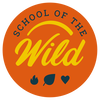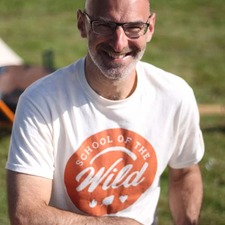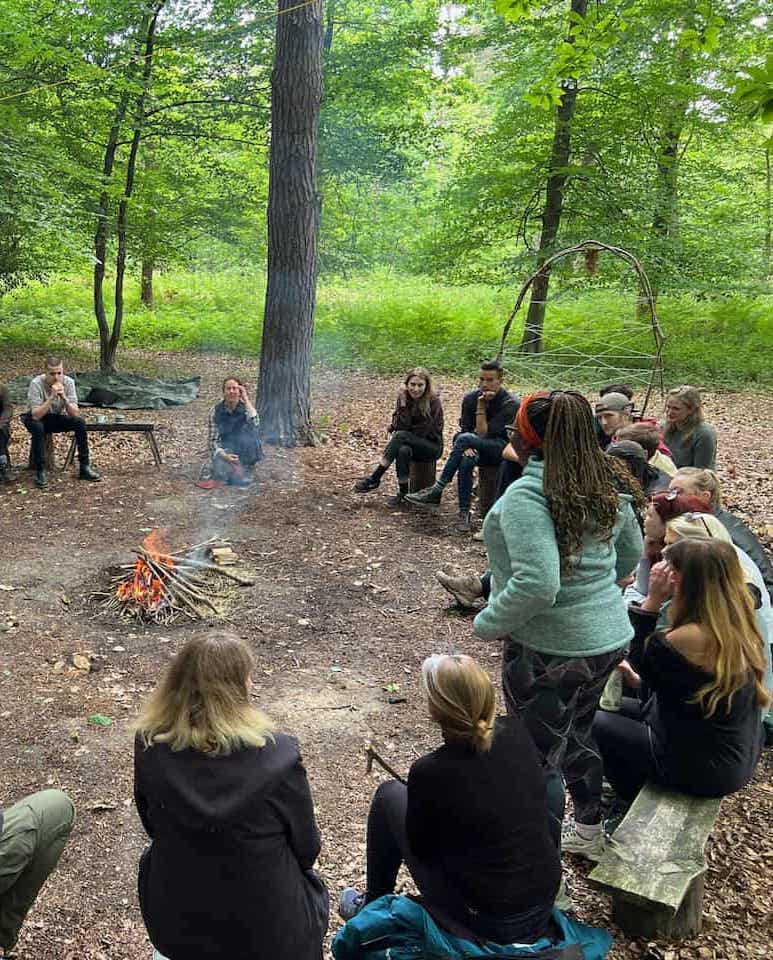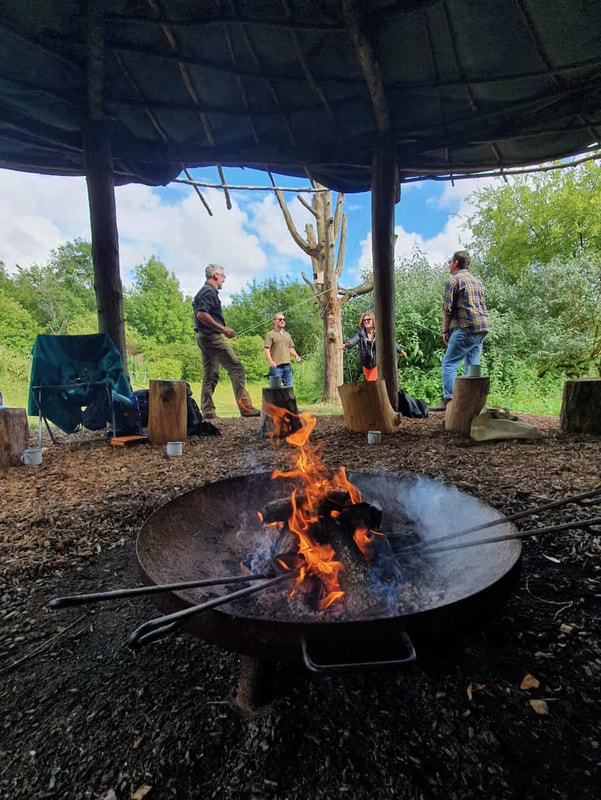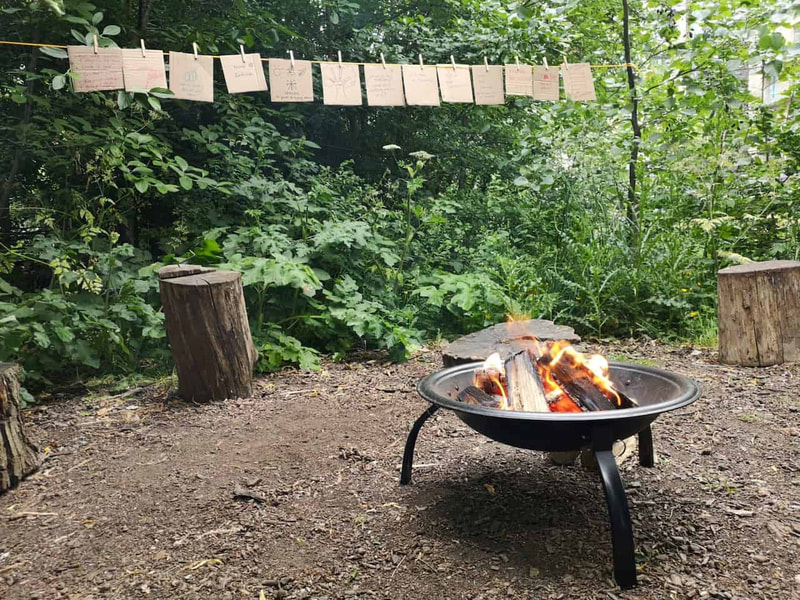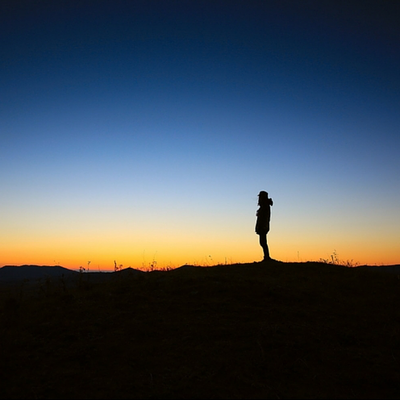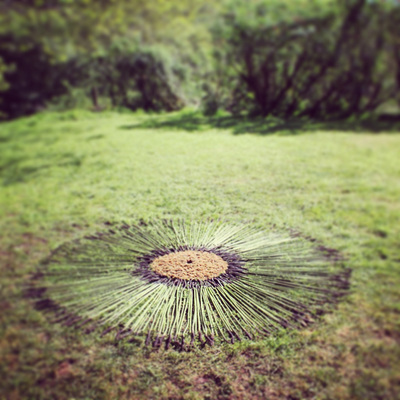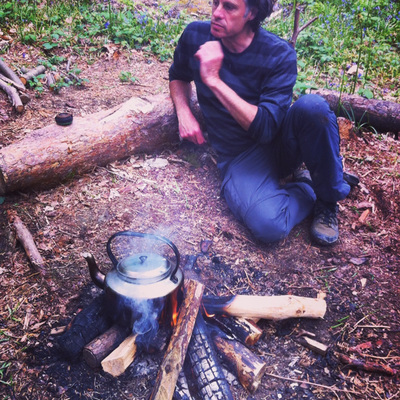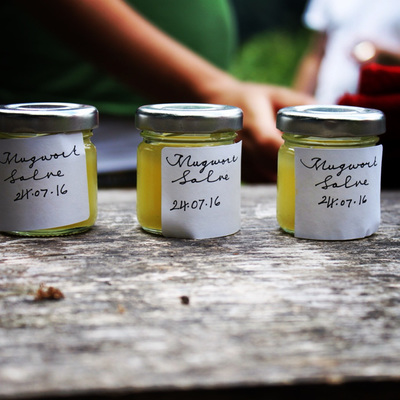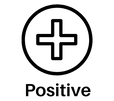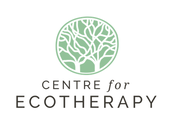photo: Jonny Wilson www.subsculptures.com
Our story
|
School of the Wild was founded in 2014 by Nigel Berman.
Nigel says, “At the time I was running an online eco-retail business helping people be more sustainable. But retail was changing and I was struggling with the pressures. I became very stressed, slipped a disc, and in truth, lost my purpose... And then I started to spend more time outside. |
It felt like coming home. |
|
I discovered a deep love of nature and wild spaces. I sat around fires that had been made without matches. I learned how to make rope from plants, and pots from river clay. I ate wild food and listened more closely to the birds. I met interesting people and had really inspiring conversations. I noticed how much it changed my mindset and gave me energy for new possibilities.
I started to feel that too much time at my desk was affecting my wellbeing, putting pressure on my relationships at home and at work, and limiting my ability to innovate and make a difference. I see this happening in organisations all of the time - as around 80% of us in the UK live in cities and work in front of screens, we’re all in the same boat: we've never spent so little time in contact with trees, plants, and animals. By not having much of an actual relationship with Nature we've forgotten how important this is, and as the world wakes up to the need to restore Nature and the climate, we need to change that story. Since those early days, we've run programmes for all sorts of organisations - from small tech startups to teams from large corporates, and from charities to parts of the NHS - I continue to be moved and inspired by the impact that spending time in Nature has on all kinds of teams." Nigel Berman Founder / Chief Wildness Officer |
Section divider type: waves --
position: bottom
Our why: the story of our times
|
We are living through times of great uncertainty, huge global challenges and a lot of change. The climate is in trouble, life-giving forests are gone, species are disappearing.
Yet the systems that determine the way we work and live are all built to pursue growth at all costs; more, not less, extraction. More, not less, distraction. Something is clearly broken. The reason? As 20th century philosopher and scientist Gregory Bateson wrote, “the major problems in the world are the result of the difference between how Nature works and the way people think.” How has it come to this? Most of us live in cities, and spend eight hours a day working behind a screen, disconnected from each other and from the more-than-human world around us. Distracted by our busy day-to-days, we struggle to see the damage we are causing, and the impact our decisions and actions have on future generations and the planet. We are hungry for connection, for meaning, and for hope. But we are tired, burnt out, and we’re not sure how to change. So how do we navigate this? Business as usual – even in a more sustainable way – isn’t going to cut it. |
We believe...
|
We believe there is a different way to work and do business that is in harmony with the way Nature intended.
This means changing the goal. We need to shift our organisations away from pursuing growth at all costs and truly put people, impact and relationships at the heart of what we do. This would bring us more meaning and purpose – and we might help solve rather than exacerbate the challenges we face today. We could be more content, more successful and thrive as people and in business. Call it resourcefulness or regenerative business, it is a way of thinking, working and doing business that minimises the impact on Nature and restores sanity to ourselves, to organisations and to teams. We believe spending time in Nature is fundamental to this and to getting the things we want. It's hard to solve these problems behind a desk or in meeting rooms. We need to go to places where it is possible to have better conversations, find different ideas, and new ways of thinking, knowing and working. We don’t have long to find out how to do this, but we have to try. It starts with connection: with who we are with, how we show up and the relationships we have. It starts with seeing things differently, with new eyes. |
This is what we do: |
|
This is what you get from it: |
It’s all based around a campfire. |
